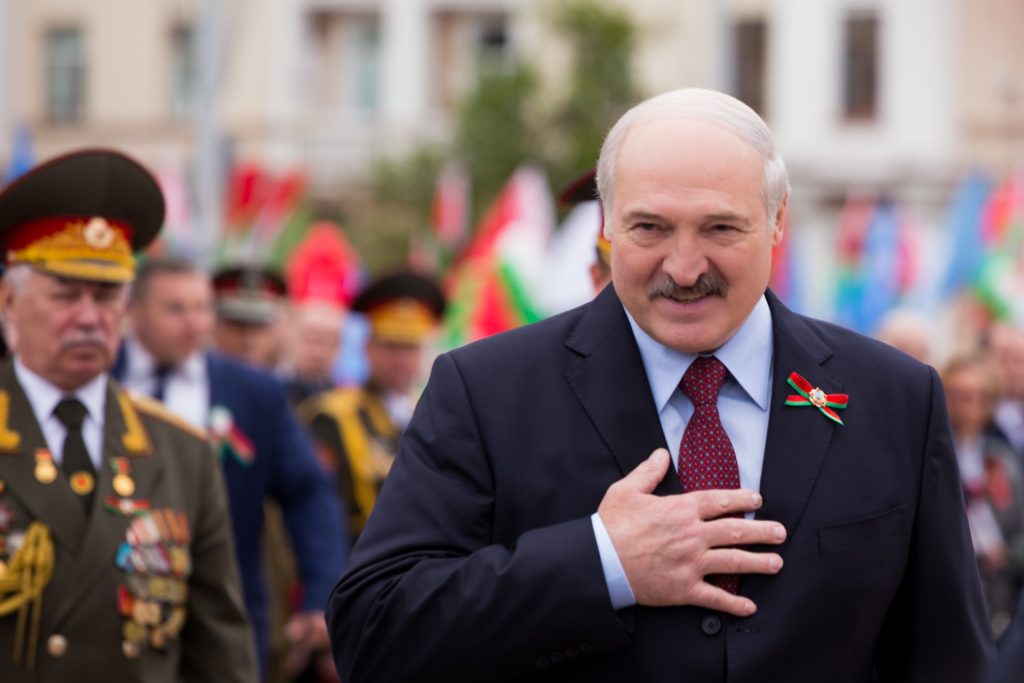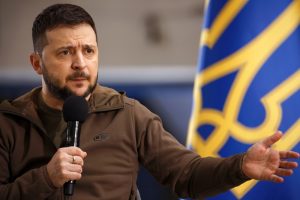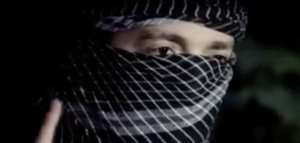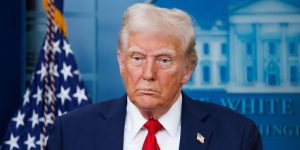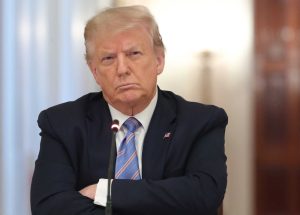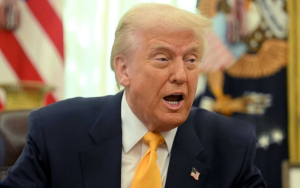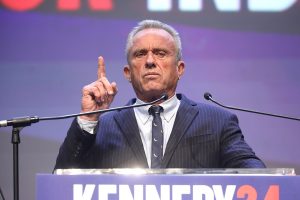Alexander Lukashenko tightens his grip on Belarus after three decades in power.
Others are reading now
Alexander Lukashenko has officially taken office for his seventh consecutive term as president of Belarus, during a swearing-in ceremony held in Minsk.
Lukashenko, who marked 30 years in power last year, used the event to mock his critics, including those who have labeled him “Europe’s last dictator.”
He claimed that Belarus has more democracy than many Western countries that claim to set the example.
“Half the world dreams of our so-called ‘dictatorship’—a dictatorship that works in the interest of the people,” Lukashenko said during his speech at the Independence Palace, ac reported by Euronews.
Also read
The presidential election held on January 26 has been widely condemned by opposition groups, who dismissed it as a sham.
According to the Belarusian Central Election Commission, Lukashenko won nearly 87% of the vote. The other candidates on the ballot were seen as token opponents, with all reportedly praising Lukashenko during their campaigns.
Crackdown on Dissent Continues
Opposition figures have either been jailed or forced into exile.
The aftermath of the 2020 election sparked mass protests—the largest in the country’s history—which were met with violent suppression. Over 65,000 people were detained, many were reportedly beaten by police, and independent media outlets and NGOs were shut down or banned, drawing international condemnation and Western sanctions.
At Tuesday’s ceremony, which was attended by thousands of Lukashenko supporters, the president dismissed his critics as foreign agents disconnected from the Belarusian people.
“You don’t have public support, and you never will. You have no future,” he declared.
Belarusian rights groups say there are currently over 1,200 political prisoners in the country, including Nobel Peace Prize laureate Ales Bialiatski, founder of the Viasna Human Rights Centre.
In a joint statement, Viasna and 10 other organizations described the recent election as having taken place during a deep human rights crisis, fueled by fear and repression aimed at civil society, independent media, and opposition voices. They argue Lukashenko’s rule lacks legitimacy.
Ties With Russia—and Hints to the West
Lukashenko has governed Belarus since 1994, staying in power with economic and political support from Russian President Vladimir Putin, who himself has been in office for over 25 years.
This close alliance helped Lukashenko survive the 2020 protests.
In 2022, he allowed Russian forces to use Belarusian territory to launch their invasion of Ukraine and later hosted Russian tactical nuclear weapons.
Meanwhile, opposition leader-in-exile Sviatlana Tsikhanouskaya, who fled Belarus after challenging Lukashenko in the 2020 election, continues to campaign for the country’s freedom.
“Our goal is to end the Russian occupation, end Lukashenko’s tyranny, and bring Belarus back into the European family of nations,” she said during a speech in the Lithuanian parliament.
Some analysts believe Lukashenko may now seek to rebuild relations with the West.
“He’s been signaling an interest in dialogue and a desire to reduce his dependence on the Kremlin while also easing Western sanctions,” said Valery Karbalevich, an independent political analyst.

